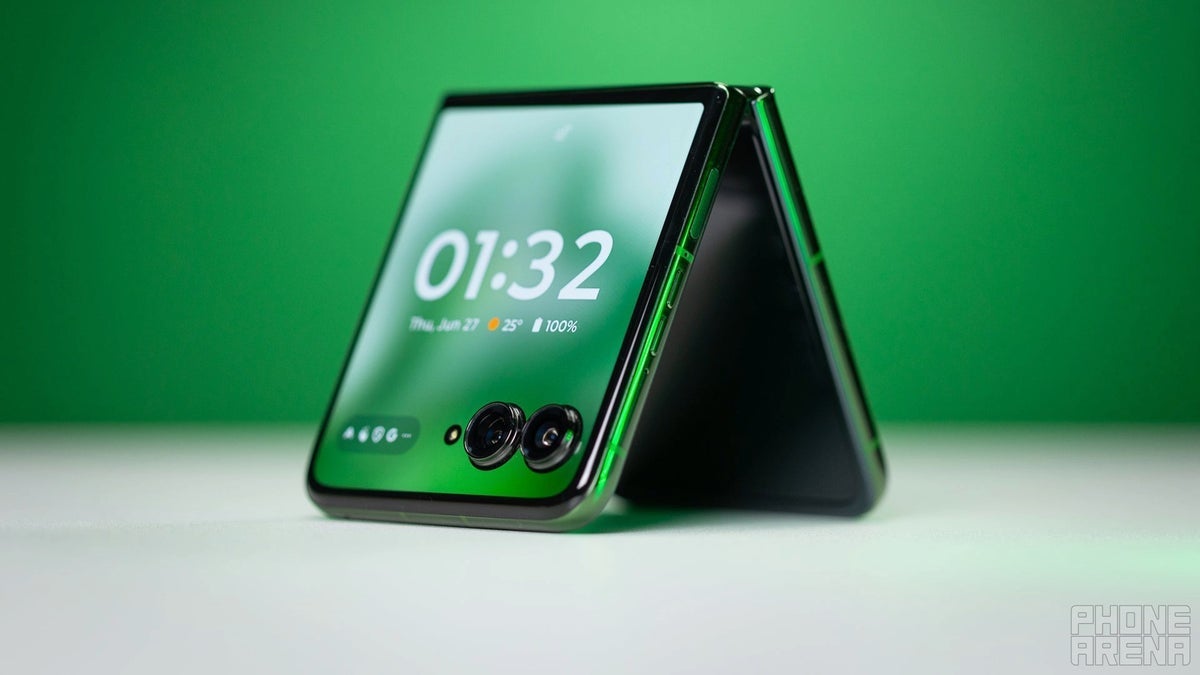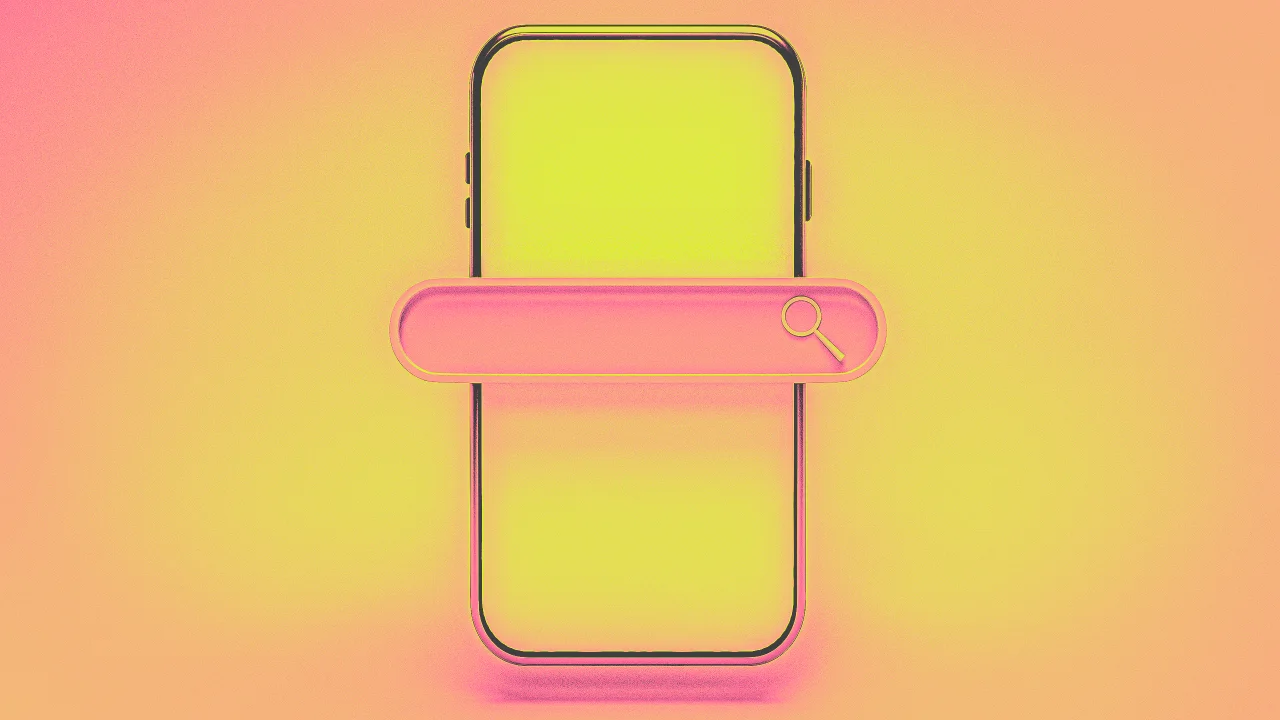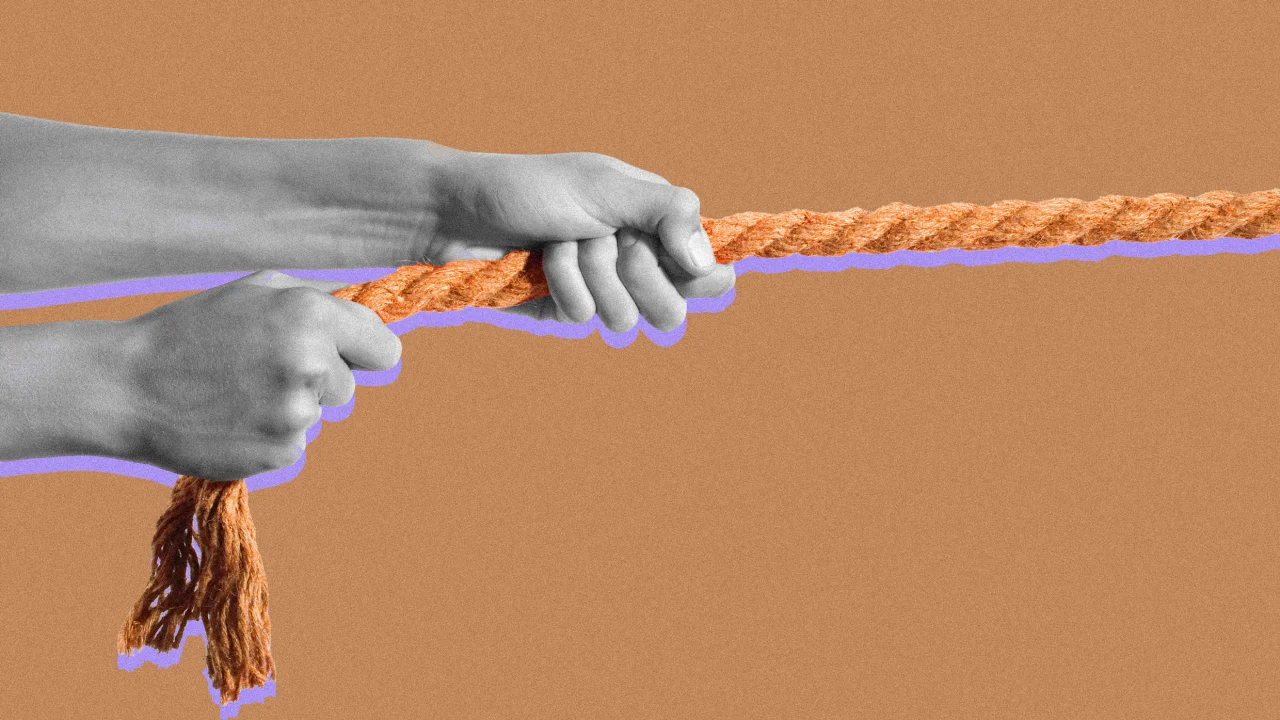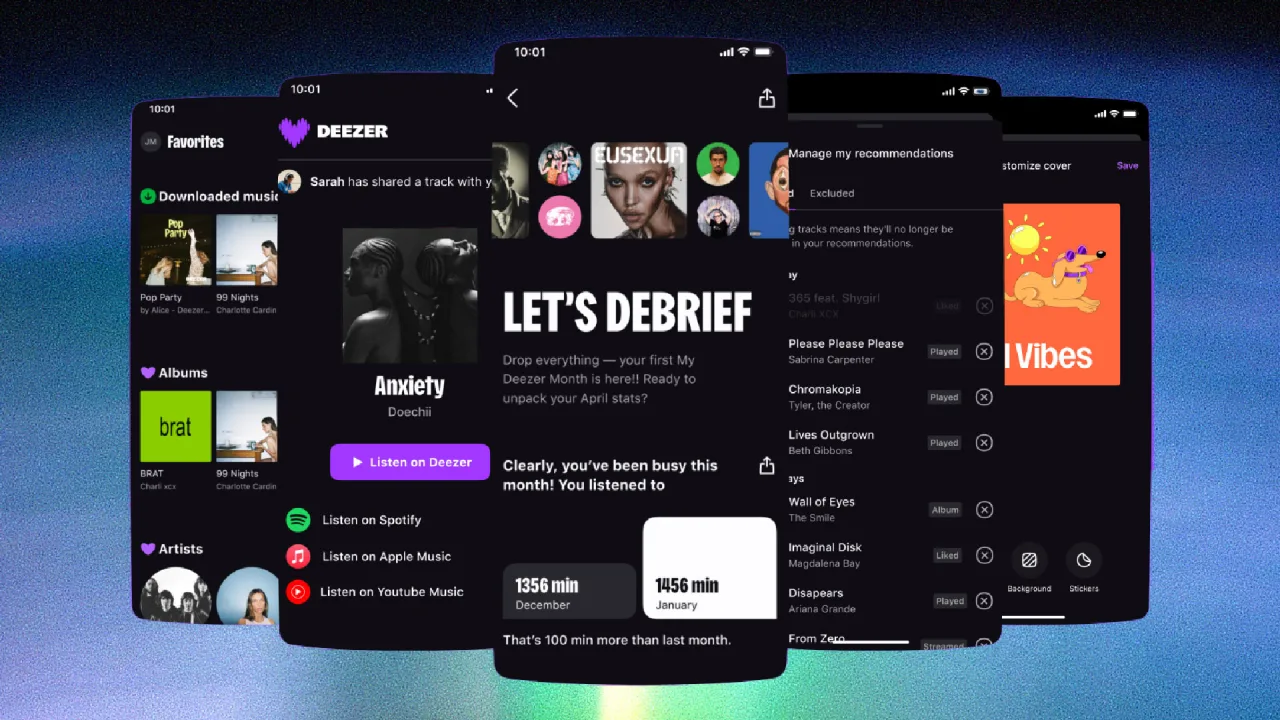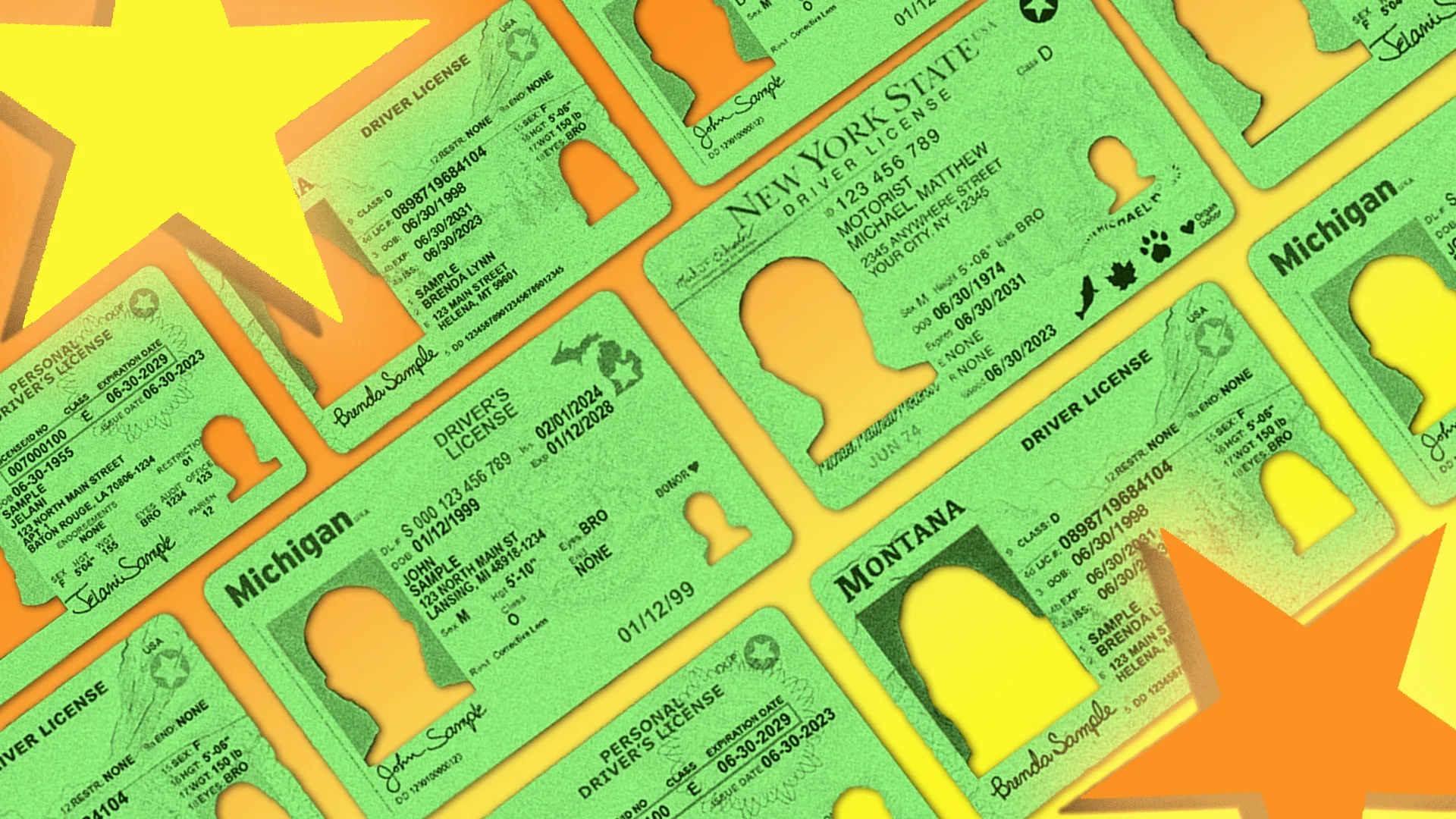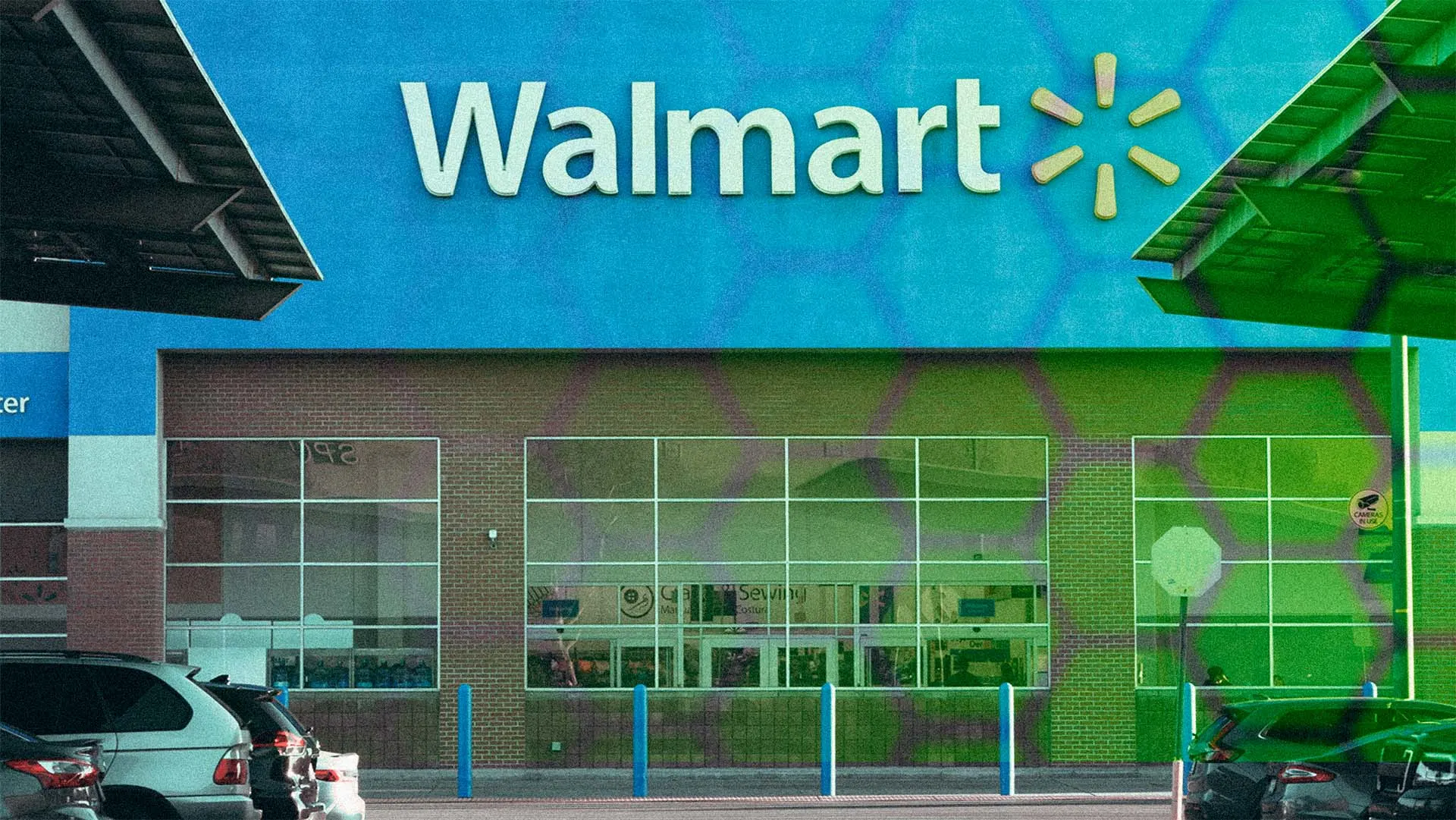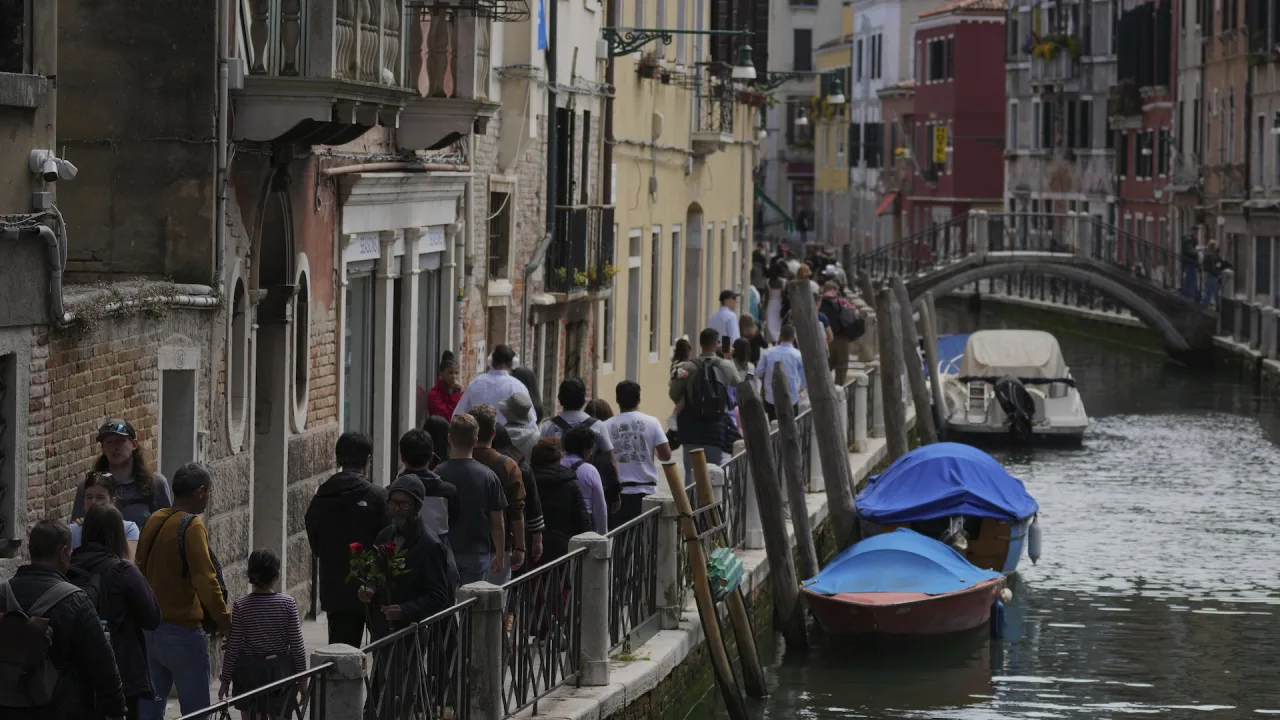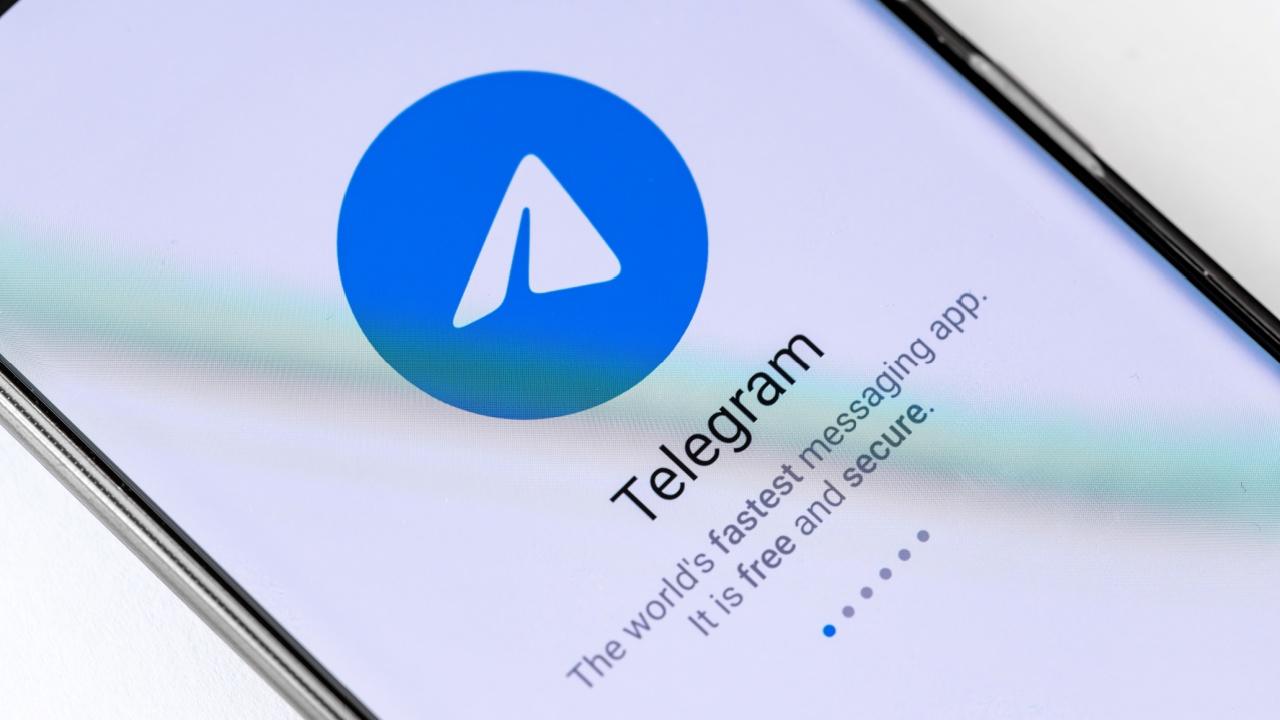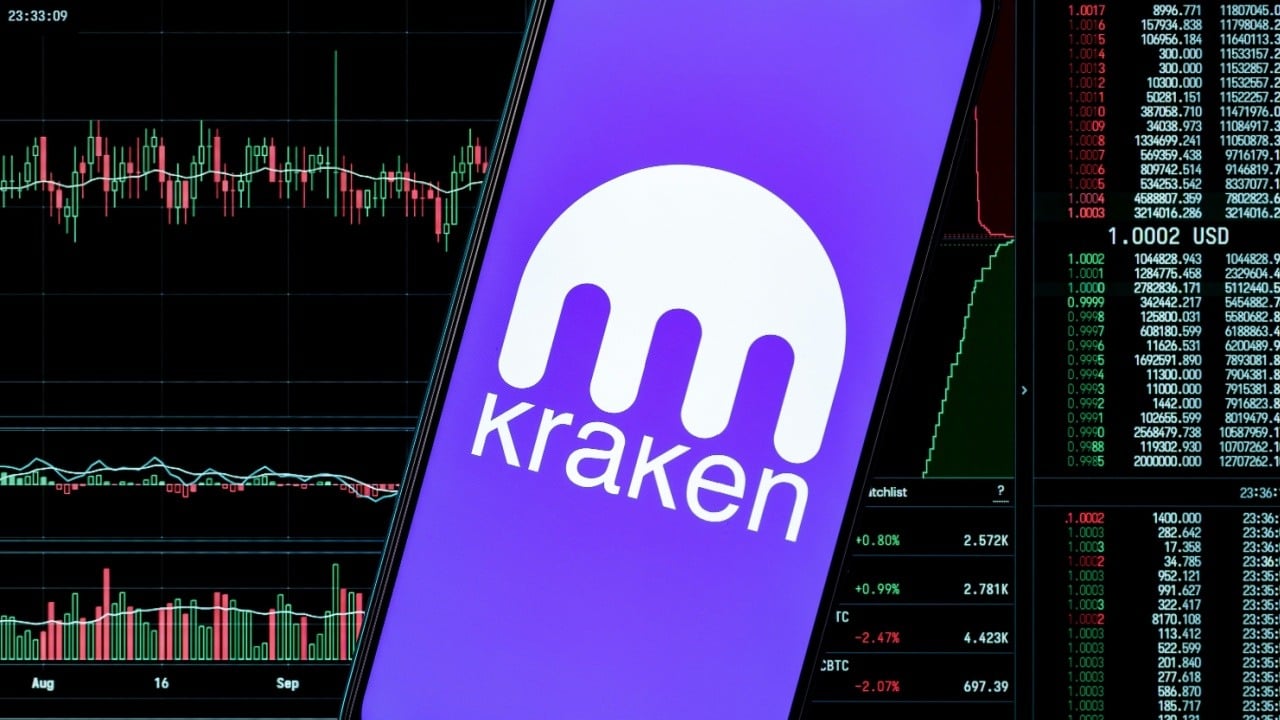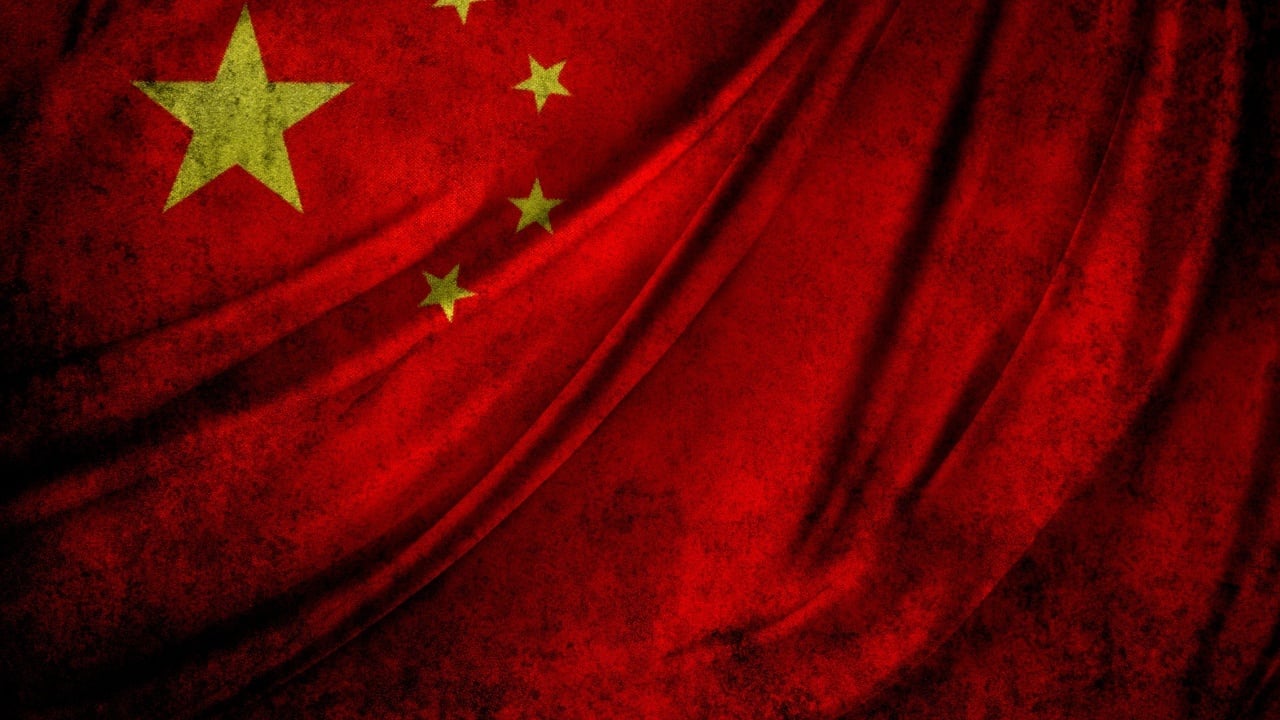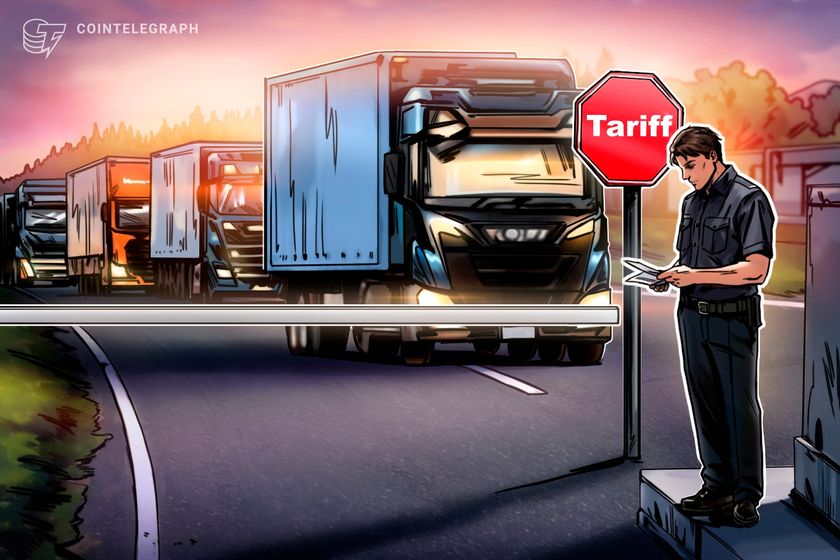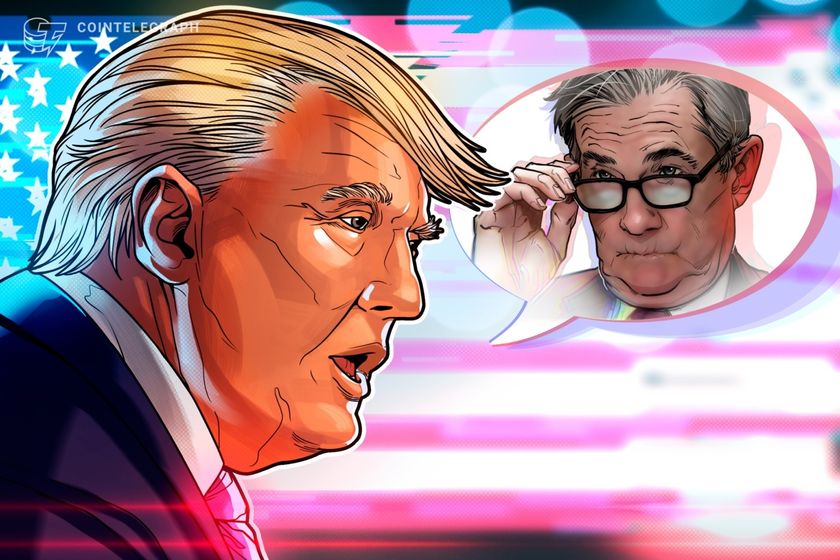Costco is the new Target
Branded is a weekly column devoted to the intersection of marketing, business, design, and culture. For years, Target wore the halo among big-box retail brands: It may not have been the cheapest, but Tar-zhay offered solid value, often through collaborations with top designers, while enjoying a forward-looking and enlightened reputation. But it’s become increasingly clear that for many shoppers, the halo has been passed—to Costco. And it’s paying off for the big-box club chain. The proximate cause of this divergence seems clear enough. Decisions made by Target to pull back on diversity, equity, and inclusion practices, which included efforts to explicitly support Black-owned brands and welcome LGBTQ+ consumers, alienated some of its regulars. Meanwhile, Costco reaffirmed its own DEI commitments as simply good for business and while that sparked some boycott chatter in the anti-“woke” mob, it didn’t amount to much. Simultaneously, the big-box club chain has put a fresh emphasis on putting higher-end in its bargain mix, including literal gold bars. Target’s initial announcement that it was paring back DEI initiatives sparked immediate complaints and boycott vows—and a notable chunk of those disaffected consumers seem to be sticking to their guns. In a recent report on DEI cuts’ impact on retail, analytics firm Numerator estimated that Target drew almost 5 million fewer store visits in a four-week stretch ending in February compared to the year before. Costco, in contrast, enjoyed 7.7 million more visits in the same stretch. The report pointed out that “DEI-sensitive groups” were a notable contributor to the trend. Latino shoppers, for example, made up about a third of Costco’s gains. Placer.ai data found that Target overall foot traffic dropped 9% in February and 6.5% in March; and it appears to be continuing to fall. A Forbes report citing data from analytics firm Similarweb found that a February 28 “economic blackout” aimed at boycotting major retailers and consumer companies that have signaled less commitment to DEI caused Target’s web traffic to drop a reported 9%—with Costco’s rising 22%. A group of Black faith leaders even called for a Target shopping “fast” for the entirety of Lent. (Target, which did not respond to an inquiry from Fast Company, has been muted in its response; it has pointed to fourth quarter 2024 results claiming a slight uptick in online and foot traffic, and has emphasized ongoing efforts to foster “inclusive work and guest environments that welcome all.”) While Walmart has also been a boycott target, these reports have so far found that there’s been less impact on Walmart from its own plans to scale back DEI efforts, and that may be because it never experienced a social-values halo. Walmart, instead, has always aligned its brand strictly with low prices. Similarly, Amazon’s price-and-convenience identity doesn’t seem to have suffered from its own DEI pullback. So perhaps it’s not that Target is less progressive than those rivals, but that it was perceived, by design, as having promised to do more. It’s also now been hit from both sides: first, criticized by the anti-diversity crowd for its Pride-friendly merch and now, by shoppers who perceive it as having backed down. There’s certainly anecdotal evidence to back the idea that Costco has benefitted from embracing DEI while others have backed off. In one Reddit thread on the subject, a veteran Costco shopper reports “the lines for new member sign-up were 10-15 people deep. I’ve never seen more than 2 or 3 people signing up at a time.” Another agrees—and proceeds to complain about the resulting paucity of parking spaces, and to suggest that Costco up its membership fee. As for Target, while it might be seen as backtracking on diversity, it’s sticking with other elements of its established brand, like those designer team-ups. A line of Kate Spade clothing, bags, and accessories for Target “drops” this weekend, aiming squarely at the chain’s stylish bargain sweet spot. It could prove a test of some shoppers’ boycott commitment. Costco hasn’t hinted at any plans to match that strategy, but it has cultivated its reputation for offering comparative bargains on luxe goods including “Rolex watches, Dom Pérignon, 10-carat diamonds,” as the company’s board chair recently said. But even this is positioned as an extension of Costco’s longstanding find-a-deal “treasure hunt” image, with discount prices at its core. With tariffmageddon looming over the American shopping scene—and causing Walmart and other retailers to gird themselves for uncertainty—that’s the brand attribute that’s likely to mean the most to Costco and its shoppers. And if a reputation for sticking to its principles gets thrown in too, well, that’s an even better bargain.
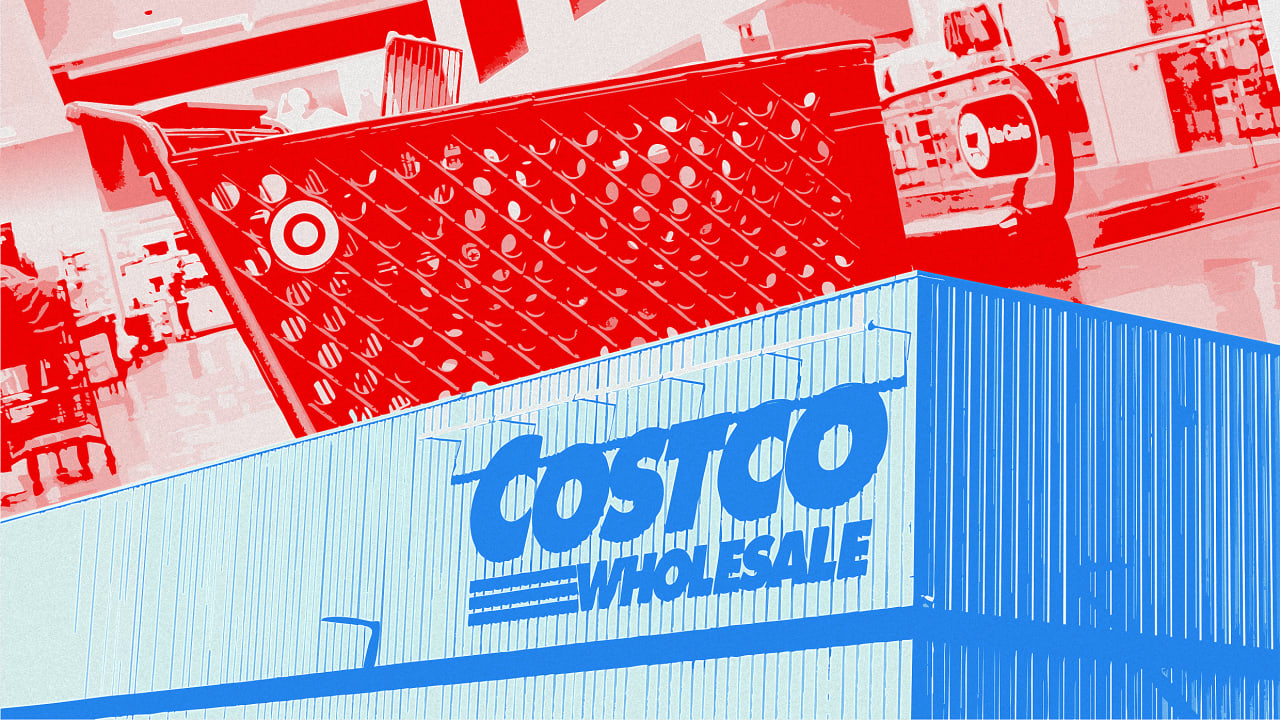
Branded is a weekly column devoted to the intersection of marketing, business, design, and culture.
For years, Target wore the halo among big-box retail brands: It may not have been the cheapest, but Tar-zhay offered solid value, often through collaborations with top designers, while enjoying a forward-looking and enlightened reputation. But it’s become increasingly clear that for many shoppers, the halo has been passed—to Costco. And it’s paying off for the big-box club chain.
The proximate cause of this divergence seems clear enough. Decisions made by Target to pull back on diversity, equity, and inclusion practices, which included efforts to explicitly support Black-owned brands and welcome LGBTQ+ consumers, alienated some of its regulars. Meanwhile, Costco reaffirmed its own DEI commitments as simply good for business and while that sparked some boycott chatter in the anti-“woke” mob, it didn’t amount to much. Simultaneously, the big-box club chain has put a fresh emphasis on putting higher-end in its bargain mix, including literal gold bars.
Target’s initial announcement that it was paring back DEI initiatives sparked immediate complaints and boycott vows—and a notable chunk of those disaffected consumers seem to be sticking to their guns. In a recent report on DEI cuts’ impact on retail, analytics firm Numerator estimated that Target drew almost 5 million fewer store visits in a four-week stretch ending in February compared to the year before. Costco, in contrast, enjoyed 7.7 million more visits in the same stretch. The report pointed out that “DEI-sensitive groups” were a notable contributor to the trend. Latino shoppers, for example, made up about a third of Costco’s gains. Placer.ai data found that Target overall foot traffic dropped 9% in February and 6.5% in March; and it appears to be continuing to fall.
A Forbes report citing data from analytics firm Similarweb found that a February 28 “economic blackout” aimed at boycotting major retailers and consumer companies that have signaled less commitment to DEI caused Target’s web traffic to drop a reported 9%—with Costco’s rising 22%. A group of Black faith leaders even called for a Target shopping “fast” for the entirety of Lent. (Target, which did not respond to an inquiry from Fast Company, has been muted in its response; it has pointed to fourth quarter 2024 results claiming a slight uptick in online and foot traffic, and has emphasized ongoing efforts to foster “inclusive work and guest environments that welcome all.”)
While Walmart has also been a boycott target, these reports have so far found that there’s been less impact on Walmart from its own plans to scale back DEI efforts, and that may be because it never experienced a social-values halo. Walmart, instead, has always aligned its brand strictly with low prices. Similarly, Amazon’s price-and-convenience identity doesn’t seem to have suffered from its own DEI pullback. So perhaps it’s not that Target is less progressive than those rivals, but that it was perceived, by design, as having promised to do more. It’s also now been hit from both sides: first, criticized by the anti-diversity crowd for its Pride-friendly merch and now, by shoppers who perceive it as having backed down.
There’s certainly anecdotal evidence to back the idea that Costco has benefitted from embracing DEI while others have backed off. In one Reddit thread on the subject, a veteran Costco shopper reports “the lines for new member sign-up were 10-15 people deep. I’ve never seen more than 2 or 3 people signing up at a time.” Another agrees—and proceeds to complain about the resulting paucity of parking spaces, and to suggest that Costco up its membership fee.
As for Target, while it might be seen as backtracking on diversity, it’s sticking with other elements of its established brand, like those designer team-ups. A line of Kate Spade clothing, bags, and accessories for Target “drops” this weekend, aiming squarely at the chain’s stylish bargain sweet spot. It could prove a test of some shoppers’ boycott commitment.
Costco hasn’t hinted at any plans to match that strategy, but it has cultivated its reputation for offering comparative bargains on luxe goods including “Rolex watches, Dom Pérignon, 10-carat diamonds,” as the company’s board chair recently said. But even this is positioned as an extension of Costco’s longstanding find-a-deal “treasure hunt” image, with discount prices at its core. With tariffmageddon looming over the American shopping scene—and causing Walmart and other retailers to gird themselves for uncertainty—that’s the brand attribute that’s likely to mean the most to Costco and its shoppers. And if a reputation for sticking to its principles gets thrown in too, well, that’s an even better bargain.


.jpg)

























![[Webinar] AI Is Already Inside Your SaaS Stack — Learn How to Prevent the Next Silent Breach](https://blogger.googleusercontent.com/img/b/R29vZ2xl/AVvXsEiOWn65wd33dg2uO99NrtKbpYLfcepwOLidQDMls0HXKlA91k6HURluRA4WXgJRAZldEe1VReMQZyyYt1PgnoAn5JPpILsWlXIzmrBSs_TBoyPwO7hZrWouBg2-O3mdeoeSGY-l9_bsZB7vbpKjTSvG93zNytjxgTaMPqo9iq9Z5pGa05CJOs9uXpwHFT4/s1600/ai-cyber.jpg?#)












































































































































![[The AI Show Episode 144]: ChatGPT’s New Memory, Shopify CEO’s Leaked “AI First” Memo, Google Cloud Next Releases, o3 and o4-mini Coming Soon & Llama 4’s Rocky Launch](https://www.marketingaiinstitute.com/hubfs/ep%20144%20cover.png)

















































































































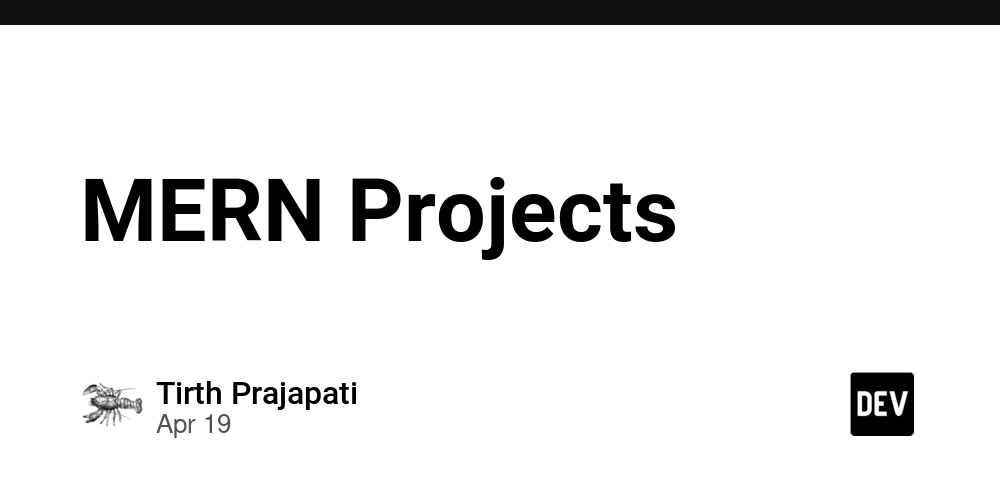
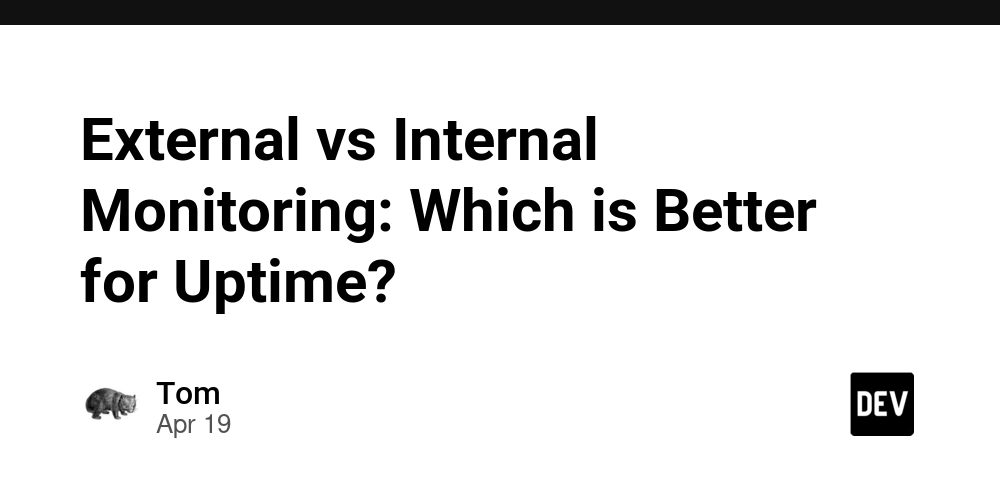
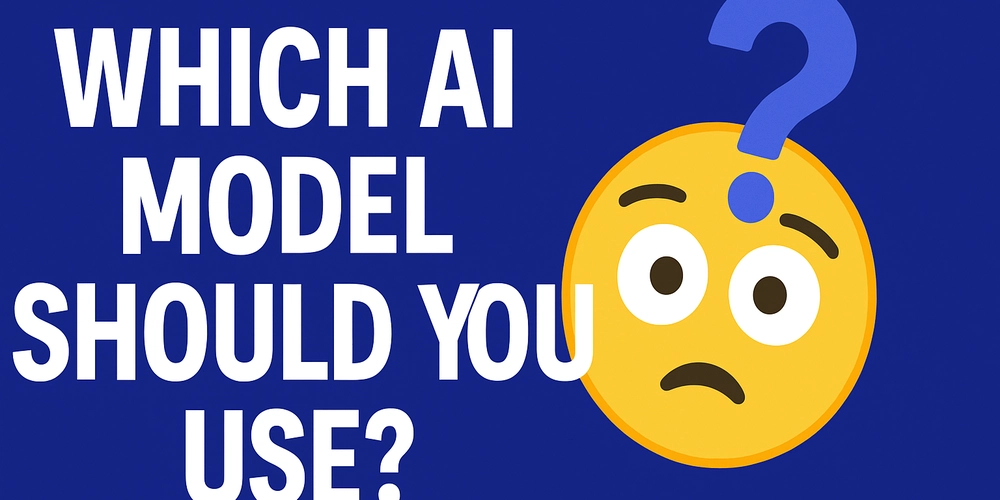


















































































![Rogue Company Elite tier list of best characters [April 2025]](https://media.pocketgamer.com/artwork/na-33136-1657102075/rogue-company-ios-android-tier-cover.jpg?#)



























































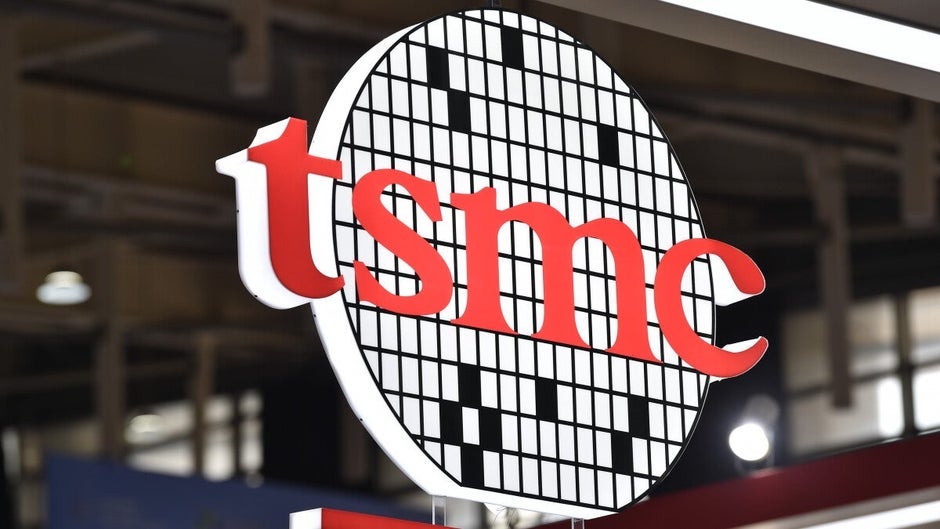











_Andreas_Prott_Alamy.jpg?width=1280&auto=webp&quality=80&disable=upscale#)









































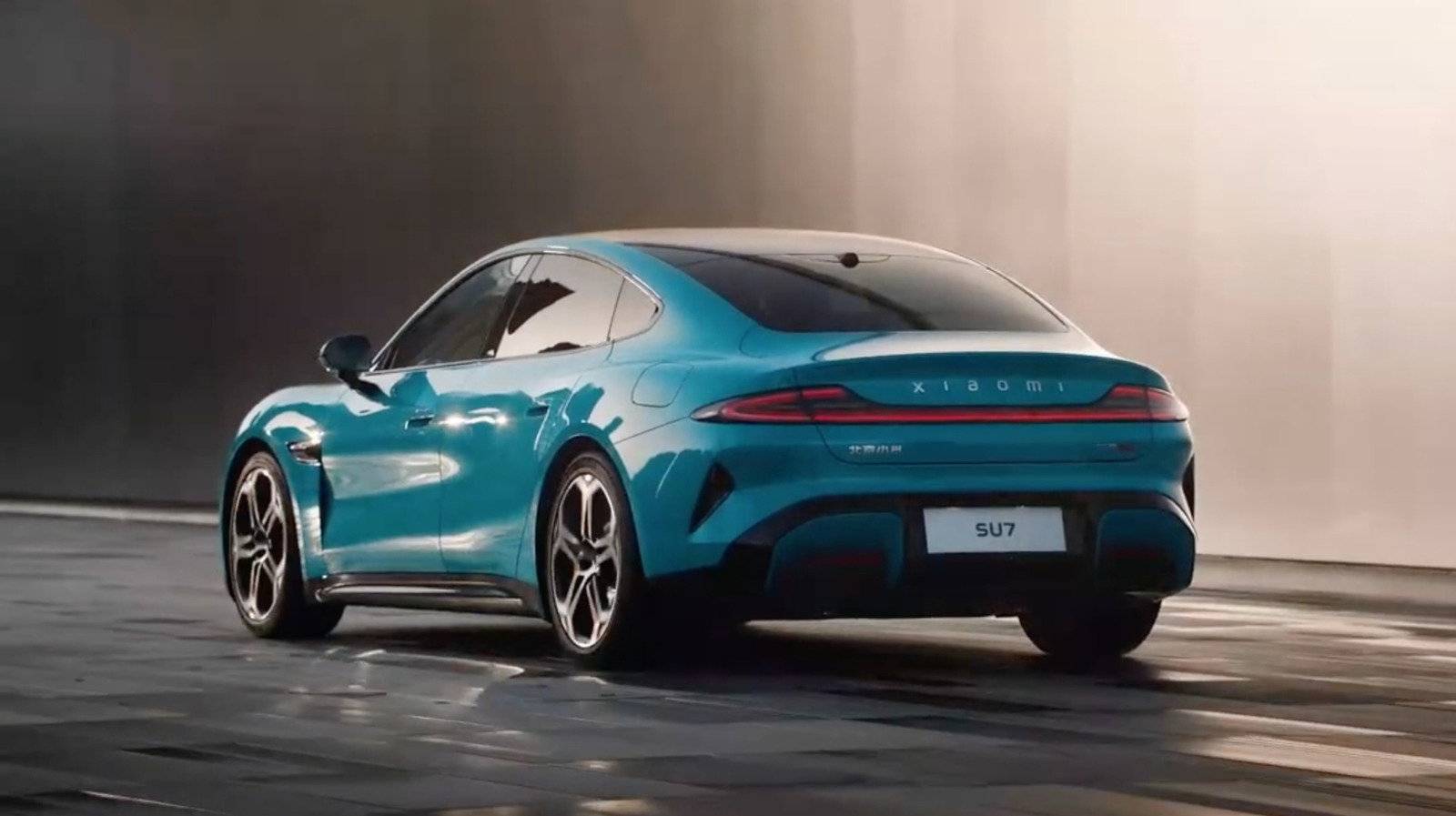




















































![What’s new in Android’s April 2025 Google System Updates [U: 4/18]](https://i0.wp.com/9to5google.com/wp-content/uploads/sites/4/2025/01/google-play-services-3.jpg?resize=1200%2C628&quality=82&strip=all&ssl=1)










![Apple Watch Series 10 Back On Sale for $299! [Lowest Price Ever]](https://www.iclarified.com/images/news/96657/96657/96657-640.jpg)
![EU Postpones Apple App Store Fines Amid Tariff Negotiations [Report]](https://www.iclarified.com/images/news/97068/97068/97068-640.jpg)
![Apple Slips to Fifth in China's Smartphone Market with 9% Decline [Report]](https://www.iclarified.com/images/news/97065/97065/97065-640.jpg)

















































